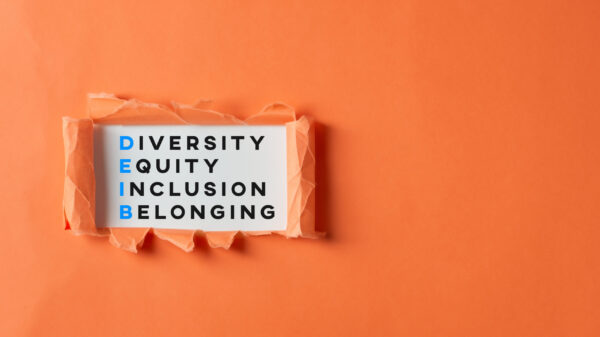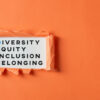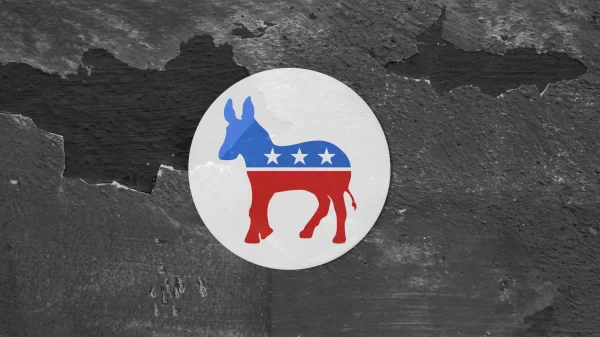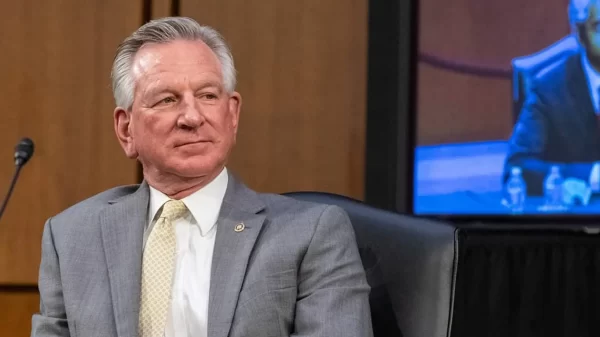In the heart of the South, Alabama’s political climate, a stronghold of conservatism, is approaching a crossroads. State politicians have long promoted “Alabama values,” a term synonymous with conservative ideologies deeply embedded in the state’s historical and racial divisions. However, this rhetoric now faces an unprecedented challenge from a diversifying electorate, especially younger voters and those less inclined toward religious conservatism. Change may come slowly, but all signs point toward the emergence of a more diverse Alabama.
The Republican-led culture wars shaping Alabama’s political landscape are encountering increasing resistance. This is especially evident in communities where small radical right-wing groups and politicians are losing the battle over public libraries. The fierce resistance to book bans at public libraries is so significant that the government threatens to defund these public institutions. When any government imposes its will over a community’s values, it can no longer be seen as representative or legitimate. Illiberal policies, enforced in the guise of morality and protecting children, are neither moral or sustainable.
The right-wing’s reliance on tactics like gerrymandering, voter suppression, book bans, and educational content restrictions regarding Black history and LGBTQ issues is repressive and wrong. These strategies, including threats against educators and librarians, signify a troubling shift from advocating freedom to promoting conformity and suppression. This deviates starkly from the Republican Party’s historical stance on limited government, now perceived as advocating limited personal freedoms and using governmental power to enforce orthodoxy and stamp out dissent.
Historically, regressive causes have ultimately failed. The recent U.S. political climate highlights a seismic shift in both political and religious affiliations, particularly among younger generations. Data from the Pew Research Center and the Public Religion Research Institute (PRRI) corroborate this transformation.
Also driving changing political views is the prevailing reluctance to engage in compromise in contemporary politics which stems significantly from negative partisanship and a widespread lack of civic knowledge. The current climate sees Republicans and Democrats not only opposing each other’s policies but also harboring negative perceptions toward the members of the rival party. This animosity extends beyond mere policy differences and taps into a deeper, more personal level of disdain.
Moreover, the phenomenon of civic ignorance compounds this issue. It’s not just about being uninformed; it’s about actively ignoring or undervaluing the civic concepts, challenges, and potential solutions proposed by others, especially those from opposing viewpoints. This ignorance isn’t just a lack of knowledge; it’s a refusal to acknowledge or engage with ideas that don’t align with one’s own.
The current political discourse in Alabama often excludes the broader, more diverse voter base’s values, focusing instead on a narrow segment that dominates primary elections. It’s time for politicians to embrace Alabama’s diverse landscape, recognizing the value in every life, not just those who guarantee electoral victory.
Voter suppression, book banning, library defunding, state laws defining womanhood, and the nation’s most restrictive abortion ban may resonate at county party meetings and morning coffee shops where men gather to discuss how the nation they love is in ruins, but in reality, these actions portray Alabama as intolerant and cruel. These troubling trends, reminiscent of the state’s darker racist past, should be rejected in favor of sound policies that help real people, not just extremist factions seeking control.
Instead of addressing the profoundly painful issues in the lives of ordinary citizens, political and faith leaders often exacerbate them. This is because the institutions of religion and government frequently fail to serve those in need or represent those they are supposed to. To many young adults, this situation appears as a kind of self-fulfilling, selfish prophecy, one that leaves many in search of authenticity and inclusion rather than a restrictive ideology. How can any party or church claim to lead while trampling on the rights of the least among us? This is not just a cruel irony, but a self-evident betrayal of basic human dignity.
The United States, and Alabama, is gradually moving away from the rigid ideology promoted by the hard right. Throughout history, the narrative remains consistent: people yearn for freedom from superstition and bondage.
The Republican Party, once a ‘big tent’ advocating limited government, freedom of thought and expression, and prioritizing character over winning, has dramatically shifted. Today’s party, out of touch and disconnected from its founding principles, will eventually stand as a cautionary tale. Oppressive political movements often meet their demise slowly, but inevitably.
Alabama is a state that often surprises its critics with its generosity of heart. However, it also proves them right when it fails to learn from its past mistakes, continuing to pursue segregationist policies in a culture war. This approach neither remedies wrongs nor makes “Sweet Home Alabama” anything other than a bitter place, far removed from what should embody Alabama’s values.
A brighter future for young people lies in their vote to cast off the chains that hold individuals captive to one group’s beliefs, and as history teaches, this change will come; it always does.




















































